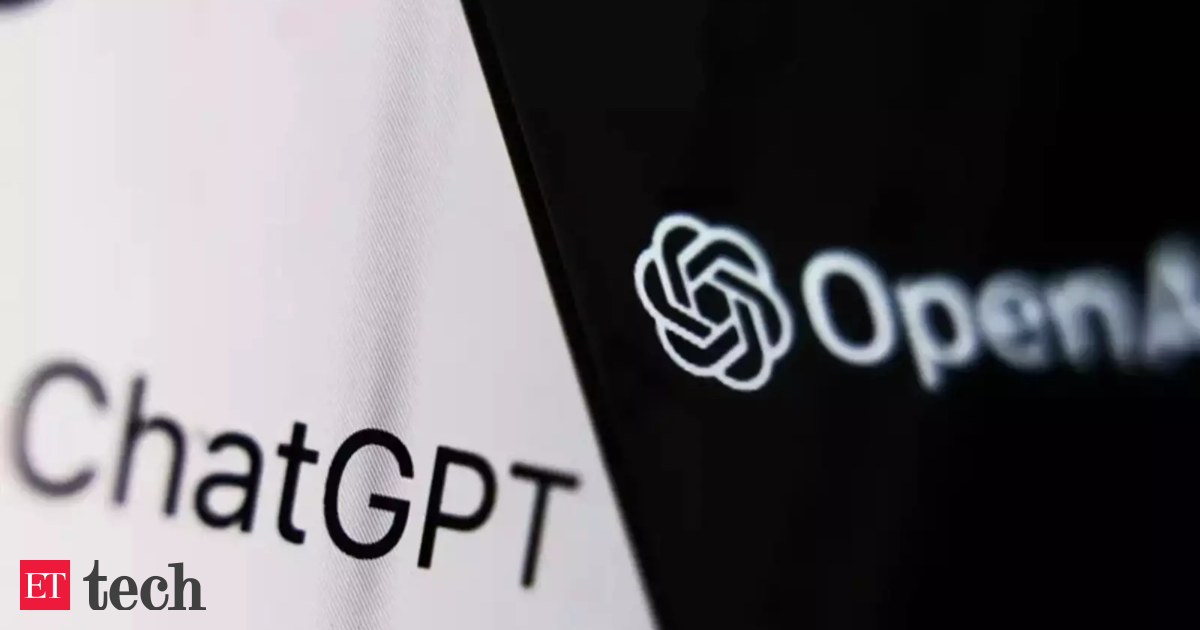OpenAI Unveils ChatGPT-Powered Search for All Users
New Feature Challenges Google’s Dominance in Online Search
In a bold move, Microsoft-backed OpenAI has transitioned its ChatGPT-powered internet search feature from being exclusive to paying subscribers to becoming accessible to all users. This significant change heightens competition with Google, the current leader in the online search market.
Previously, users could only access this feature after its launch in late October through a subscription. Now, ChatGPT can deliver real-time, summarized answers enriched with links to relevant sources, offering users a modernized alternative to traditional search engines.
In a recent YouTube video, OpenAI’s Chief Product Officer Kevin Weil announced, “We’re bringing search to all logged-in free users of ChatGPT,” emphasizing the global availability of the feature across all platforms.
OpenAI showcased a demonstration video highlighting its new interface, which bears a striking resemblance to the familiar layouts utilized by Google and Google Maps. The interface also shares characteristics with Perplexity, an AI-powered search engine that adopts a conversational style by referencing its sources directly in the responses.
“We’re really just making the ChatGPT experience you know better with up-to-date information from the web,” stated Adam Fry, ChatGPT’s search product lead. This enhancement aligns with OpenAI’s commitment to increasing user engagement and information accuracy.
The introduction of search capabilities within ChatGPT signifies a strategic pivot for OpenAI. Rather than launching this feature as a standalone product, the integration aims to leverage the enormous user base of ChatGPT, broadening access to millions globally.
However, this rollout has sparked concerns among publishers who fear that AI-driven tools like ChatGPT Search, along with Perplexity and Google’s AI Overviews, could potentially diminish traffic to original information sources, impacting their visibility and revenue.
Additionally, the search addition raises important questions regarding OpenAI’s relationship with Microsoft, a key investor aiming to boost its Bing search engine to effectively compete with Google.
Meanwhile, OpenAI finds itself under scrutiny following recent controversies. A former researcher, Suchir Balaji, who expressed worries regarding the company’s potential copyright infringements, was discovered dead in his apartment, raising eyebrows in the tech community.
In a bizarre turn of events, Elon Musk, founder of Tesla, posted an enigmatic message on X following Balaji’s death, reflecting the ongoing tension surrounding OpenAI. Musk has also sought judicial intervention to halt OpenAI’s transformation from a nonprofit entity to a profit-driven organization.
Looking Ahead
As OpenAI forges ahead with its search capabilities, the competition becomes fiercer, and the implications for the tech industry grow more pronounced. The integration of search into ChatGPT may redefine user experiences and reshape the landscape of online information retrieval.
OpenAI’s move signals a significant step that could alter the dynamics between technology companies, challenging established norms and the status quo of online searching.
Conclusion
By making ChatGPT’s search feature now available to the wide user base, OpenAI is not only setting a precedent for AI integration into everyday tools but is also inviting discussions on accountability, traffic for original sources, and ethical dimensions in this new digital era.
Questions and Answers
- What is the main feature being introduced by OpenAI?
OpenAI is introducing ChatGPT-powered internet search, making it available to all users, not just paying subscribers.
- How does the new search feature compare to Google?
The new ChatGPT search feature delivers real-time, summarized answers with links to relevant sources, creating a streamlined experience that challenges traditional search engines like Google.
- Who is the Chief Product Officer at OpenAI?
Kevin Weil is the Chief Product Officer at OpenAI, who announced the launch of the search feature in a video.
- What concerns have publishers raised about the move?
Publishers are concerned that AI-powered tools like ChatGPT Search could reduce traffic to original sources of information.
- What recent controversy has OpenAI faced?
OpenAI has faced scrutiny following the death of former researcher Suchir Balaji, who had raised concerns about copyright violations, and Elon Musk’s actions regarding OpenAI’s business transition.











